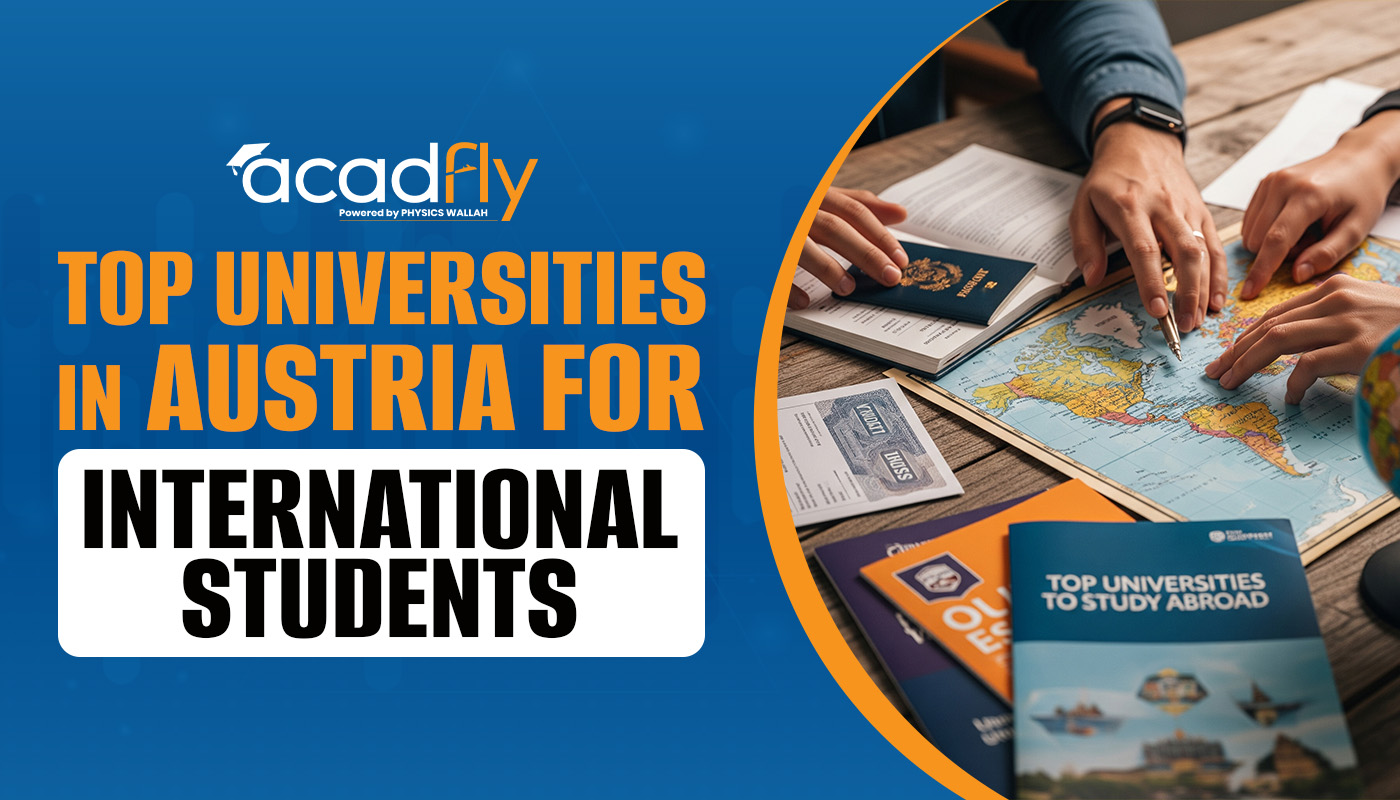

Studying abroad offers students a transformative experience, providing not only academic enrichment and cultural immersion but also a unique perspective that can significantly enhance their career prospects. As globalization continues to shape the job market, graduates with international experience are increasingly sought after by employers. This article explores the various post-graduation work opportunities available to students who have studied abroad, highlighting key strategies for leveraging their international education to secure rewarding careers.
The Value of International Experience
Enhanced Skill Set
Studying abroad equips students with a diverse set of skills that are highly valued by employers. These include:
-
Cross-Cultural Communication: Ability to communicate effectively with people from different cultural backgrounds.
-
Adaptability: Experience in adapting to new environments and overcoming challenges.
-
Problem-Solving: Enhanced problem-solving abilities gained through navigating unfamiliar situations.
-
Language Proficiency: Improved or new language skills acquired during their time abroad.
Broadened Perspective
Graduates who have studied abroad often possess a broader worldview, understanding global issues, and appreciating different cultural perspectives. This global mindset is particularly valuable in roles that require international collaboration and understanding diverse markets.
Network Expansion
Studying abroad provides students with the opportunity to build a global network of friends, classmates, professors, and professionals. These connections can be instrumental in finding job opportunities and advancing one's career.
Work Opportunities After Studying Abroad
Returning to the Home Country
Many students choose to return to their home country after completing their studies abroad. Here are some avenues to explore:
Multinational Corporations
Multinational corporations (MNCs) highly value employees with international experience. Graduates can leverage their understanding of global markets, language skills, and cultural competency to secure positions in these organizations.
Government and NGOs
Government agencies and non-governmental organizations (NGOs) often seek individuals with international experience for roles in diplomacy, international development, and cross-border relations.
Local Companies with Global Reach
Local companies that are expanding internationally or have global partnerships appreciate candidates who understand foreign markets and can bridge cultural gaps.
Staying in the Host Country
Some graduates choose to stay in their host country to gain further work experience. Here are some considerations and opportunities:
Work Visas and Permits
Securing a work visa or permit is crucial for working in the host country. Many countries offer post-graduation work visas that allow international students to stay and work for a certain period after completing their studies.
Job Search Strategies
-
University Career Services: Utilize the career services offered by the host university. These services often include job fairs, resume workshops, and networking events.
-
Professional Networks: Leverage the professional networks built during the study abroad period. Professors, classmates, and local contacts can provide valuable job leads and references.
-
Online Job Portals: Use online job portals specific to the host country to find job listings and apply for positions.
Popular Industries
Certain industries are particularly welcoming to international graduates:
-
Technology: The tech industry often values diverse perspectives and is more open to hiring international talent.
-
Education: Teaching English or other subjects can be a viable option, especially in countries with high demand for language teachers.
-
Tourism and Hospitality: The tourism and hospitality industry often seeks multilingual staff who can cater to international clients.
Exploring Global Opportunities
Some graduates may be open to exploring job opportunities in countries other than their home or host countries. Here are some strategies:
International Job Fairs
Attend international job fairs that connect job seekers with employers from around the world. These events provide a platform to explore various job markets and network with potential employers.
Global Job Portals
Utilize global job portals like LinkedIn, Indeed, and Glassdoor to search for international job opportunities. Many of these platforms allow users to filter job searches by location, industry, and experience level.
International Internships
Consider applying for international internships as a stepping stone to full-time employment. Internships provide valuable work experience and can lead to permanent job offers.
Leveraging Your International Experience
To maximize the benefits of your study abroad experience in the job market, consider the following strategies:
Crafting a Compelling Resume
Highlight your international experience prominently on your resume. Emphasize the skills gained, such as cross-cultural communication, adaptability, and language proficiency. Mention any relevant projects, internships, or part-time jobs undertaken during your time abroad.
Articulating Your Experience in Interviews
Be prepared to discuss your study abroad experience in job interviews. Share specific examples of challenges you faced and how you overcame them, as well as the skills and insights gained from living and studying in a foreign country.
Building a Personal Brand
Leverage social media platforms like LinkedIn to build a personal brand that showcases your international experience. Write articles or posts about your study abroad journey, join relevant groups, and engage with professionals in your field.
Continuing Language Development
If you gained proficiency in a foreign language during your study abroad, continue to develop and maintain your language skills. Being bilingual or multilingual is a significant asset in many industries.
Pursuing Further Education
Some graduates choose to pursue further education, such as a master's degree or professional certification, in the host country or another international location. This can enhance their qualifications and open up additional career opportunities.
Case Studies: Success Stories of Post-Graduation Employment
Case Study 1: Emily's Journey in International Business
Emily studied international business in Spain. After completing her degree, she secured a post-graduation work visa and landed a job at a multinational corporation in Madrid. Her fluency in Spanish and understanding of European markets made her an invaluable asset to the company. Emily's role involves frequent travel and collaboration with teams across Europe, allowing her to continue leveraging her international experience.
Case Study 2: Raj's Path in Technology
Raj studied computer science in Canada and decided to stay after graduation. He utilized his university's career services and attended job fairs, eventually securing a position at a leading tech company in Toronto. Raj's ability to adapt to different cultural environments and his exposure to diverse problem-solving approaches during his studies abroad have been key to his success in his role.
Case Study 3: Maria's Impact in Public Health
Maria pursued a degree in public health in the Netherlands. After graduation, she returned to her home country of Brazil, where she joined an NGO focusing on international health initiatives. Maria's global perspective and insights into European healthcare practices have significantly contributed to the NGO's projects, enhancing their effectiveness and outreach.
Conclusion
Exploring post-graduation work opportunities after studying abroad opens up a world of possibilities. Whether choosing to return home, stay in the host country, or seek opportunities in a new country, graduates can leverage their international experience to secure rewarding careers. By highlighting their unique skills, articulating their experiences effectively, and utilizing their global networks, students can make the most of their study abroad journey and embark on successful professional paths. In today's interconnected world, the value of an international education cannot be overstated, and the opportunities it presents are vast and varied.
Frequently Asked Questions









